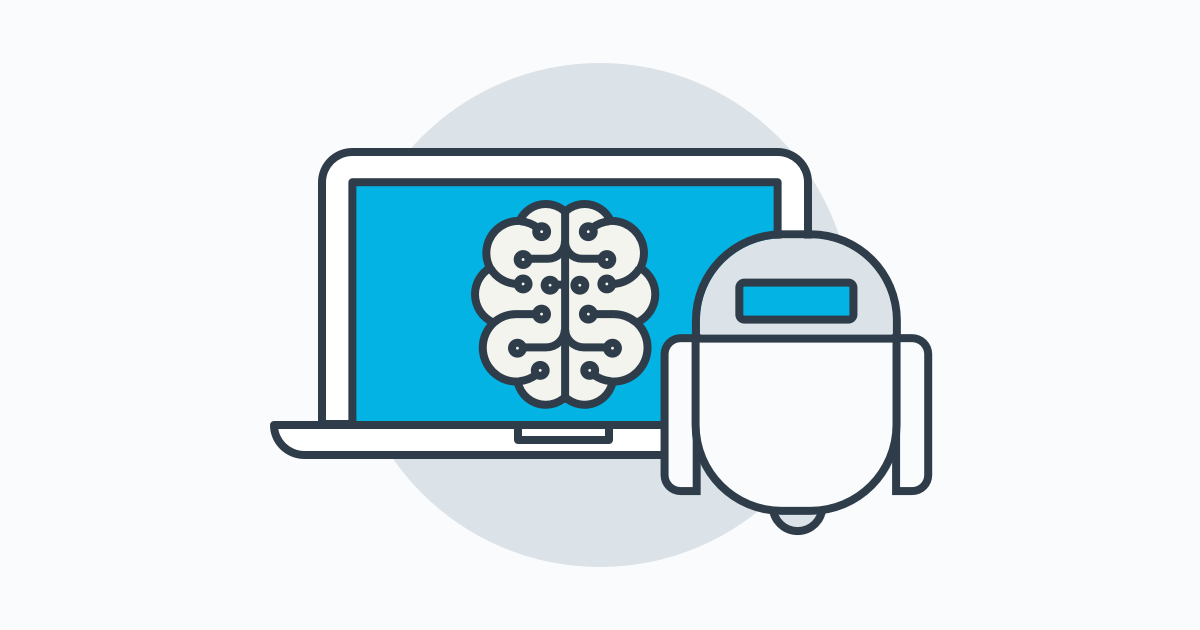
Artificial Intelligence has the potential to dramatically reshape our world in ways we’re only just beginning to imagine. More so than perhaps any other technology, AI stands to become the transformative force of the future.
Talent, community, and investment
Understandably, some of the brightest minds in the world are already working in the field, and every day more innovators, risk-takers, and forward-thinkers arrive to join their ranks. In many respects it’s a simple equation—incredible new technologies attract incredible new talent.
The Artificial Intelligence community is in fact rapidly becoming one of the most dynamic and exciting communities on the planet. The excitement, commitment to innovation, and spirit of exploration in this field is like a magnet, drawing in a diverse global group of scientists, researchers, entrepreneurs, and creatives, all of whom are poised to make significant contributions to areas like Machine Learning, Robotics, Deep Learning, Self-Driving Cars, and more.
The excitement isn’t just emotional or intellectual—it’s also financial. The number of VC-backed investments in AI rose from 160 in 2012 to 658 deals in 2016., and more than 550 startups that rely on AI as a core part of their products raised $5B in funding in 2016.
The skills gap in AI
These are compelling numbers, but they point up an area of serious concern. As any field grows, demand for talent grows with it, and when that field is artificial intelligence, the growth is rapid, and the demand high. Add to this the fact that AI requires specialized and hard-to-come-by knowledge, and you very quickly end up with a major talent shortage.
The traditional solution to a talent shortage is to teach more people the relevant skills. But what if there are no teachers to address the skills gap? This scenario isn’t as farfetched as it may sound. A recent article from The Economist highlights how leading tech firms are actually luring researchers and engineers away from robotics and machine learning programs at “traditional” universities. The result is a talent shortage compounded by a shortage of viable learning opportunities.
So what is the solution?
Teaching and learning at the pace of innovation
We need learning programs that mirror what’s happening in the field. If AI is moving fast, then the learning programs that produce the talent for the field need to move fast too. If the individuals and companies powering innovation in the field are redefining the rules as they go, then learning programs need to be flexible as well. Most important of all, we need to integrate industry with the learning programs that deliver the talent, because in a field as new as AI, there is no pre-existing roadmap for success—the experts need to also be learners, and the learners must in turn be leaders.
Digamma.ai & Udacity
A burgeoning relationship between Digamma.ai and Udacity presents an important example of how industry and educators can work together to address the skills gap in AI.
Digamma.ai is a firm based in Silicon Valley that acts as machine learning consultants, partners, and engineers to startup founders interested in integrating AI and machine learning into their products. Udacity is an innovative online learning platform offering groundbreaking credential programs in fields such as artificial intelligence, machine learning, robotics, and more. As an organization, Digamma.ai is committed to lifelong learning, and encourages its employees to take courses related to artificial intelligence, machine learning, human-computer interactions, or any programming or computer science topics that interest them. Team members who successfully complete a course or degree receive $500 for a regular course, and $1,200 for a degree. Udacity has proven to be an ideal provider of educational content for Digamma.ai teams.
“Developments in AI and ML are moving fast and we need a learning partner that moves just as fast as we do,” says Alex Sova, COO of Digamma.ai. “Udacity’s dynamic and flexible structure and real-life content aligns well with our culture and needs. In working with Udacity—which operates more like a startup than a traditional educational institution—we’ve definitely seen the difference in terms of the level of knowledge and engagement amongst our employees.”
Vadim Zaliva, CEO of Digamma.ai, shares a similar sentiment:
“We created our program to let our employees widen their horizons, expand their knowledge and not get too ‘locked up’ in what they do on a day-to-day basis. Our philosophy is that a team exposed to world-class ideas and knowledge is ultimately going to be more engaged, think on a higher level, and be driven to ship amazing products to our clients.”
Lifelong learning for industry
As we usher in a remarkable new era of innovation, we must be prepared to reinvent the ways we both learn and teach new technologies. We must make agile new learning opportunities available to a global community of aspiring learners, and we must implement systems that support lifelong learning for all. Companies must take greater responsibility for educating—and re-educating!—their workforces, and learning institutions must deliver programs structured to meet the rapidly evolving needs of industry.
Digamma.ai and Udacity are excited to have found in one another a partner in this process, and together look forward to developing new generations of talent, and seeing more and more companies and individuals getting up to speed with these incredible technologies.
~
Ready to build the impossible? Apply to the Artificial Intelligence Nanodegree program!



